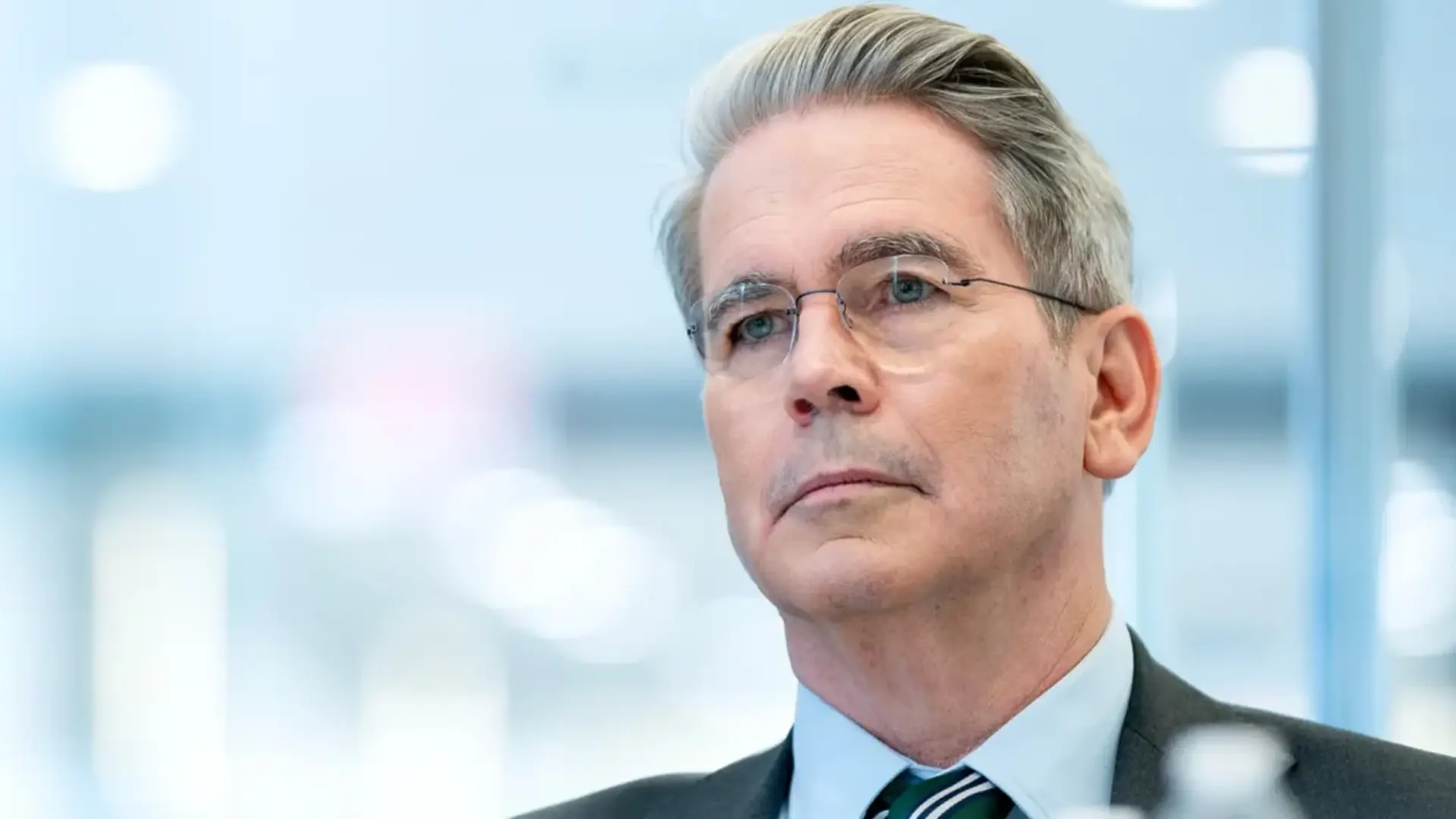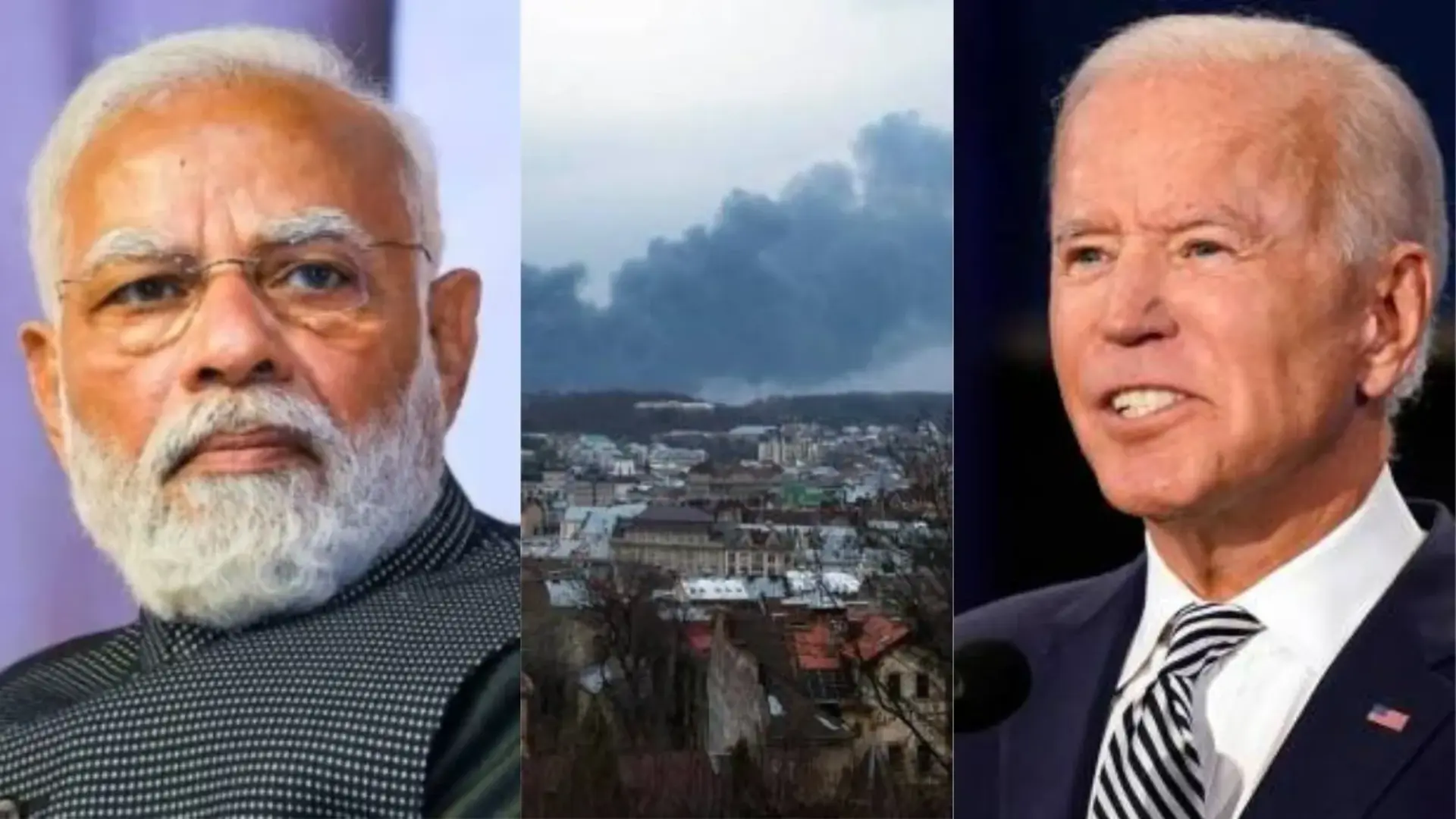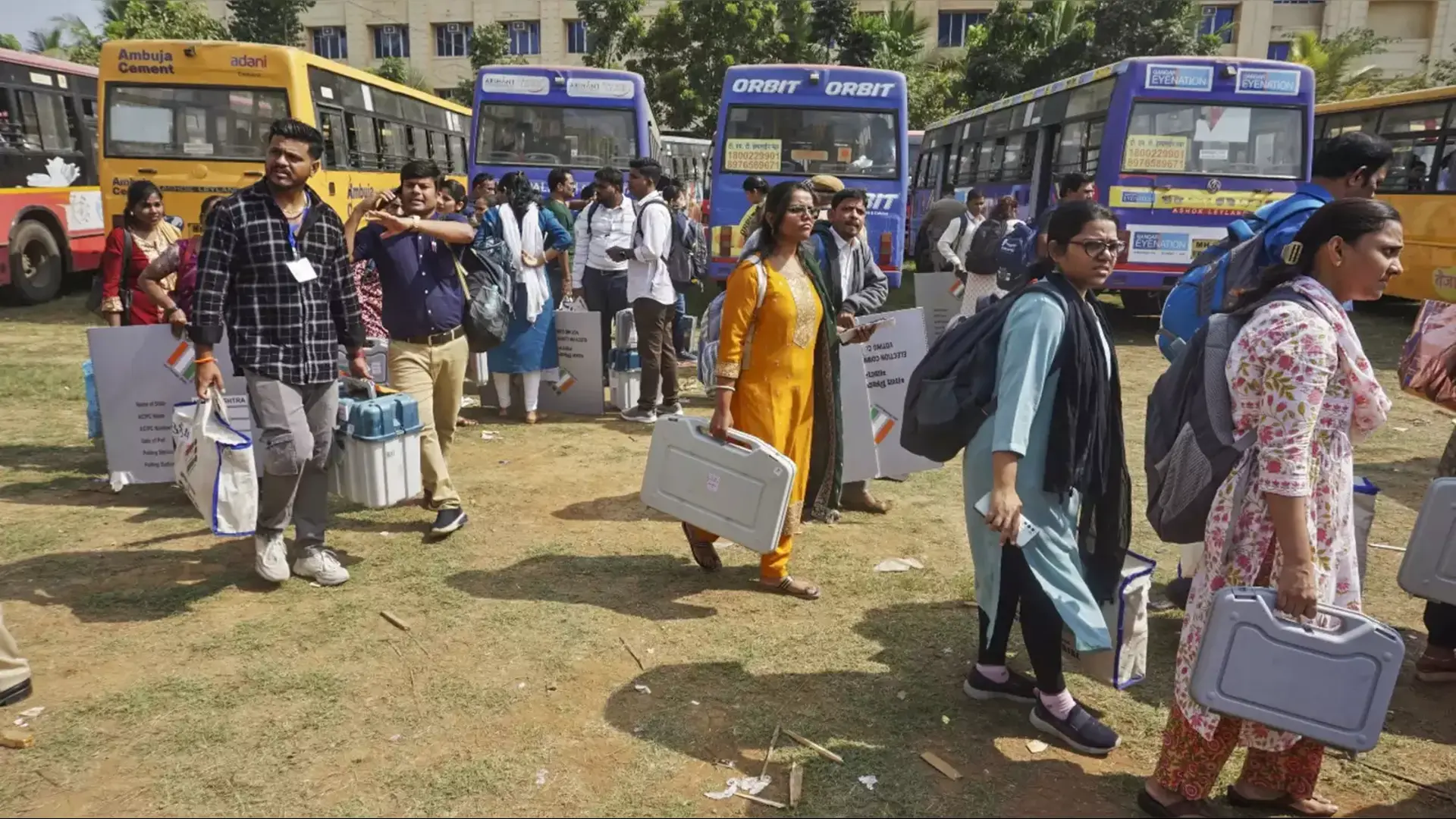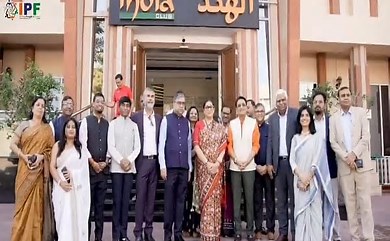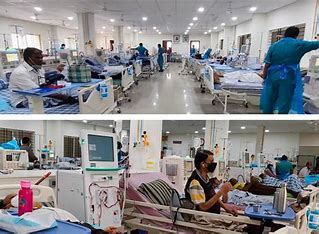
The Karkardooma Court in Delhi recently acquitted nine people accused of rioting and causing property damage by fire during the riots in North East Delhi, citing the ‘benefit of doubt’ in its decision.
Additional Sessions Judge Pulastya Pramachala stated, “Charges against all accused persons in this case have not been proven beyond doubt.” Consequently, the court acquitted Mohammed Shahnawaz alias Shanu, Mohammed Shoaib, Shahrukh, Rashid alias Raja, Azad, Ashraf Ali, Parvez, Md Faisal, and Rashid alias Monu of all charges on November 25, 2023.
The identification of the accused by police officers Constable Vipin and Head Constable Hari Babu raised concerns in the eyes of the court. The judge expressed doubts about whether Vipin observed all of the accused throughout the day, as well as discrepancies in the statements provided by Head Constable Hari Babu.
According to Judge Pulastya Pramachala, “the witness had been examined in several cases against the same accused persons before testifying in this case.” The court emphasized inconsistencies in Babu’s testimony regarding his acquaintance with the accused prior to and after the incident.
The case arose from a complaint filed by Dinesh Aggarwal, owner of SS Glass & Plywood, who reported the burning of his godown and vehicles on February 25, 2020. Eyewitness statements from Vipin and Hari Babu, among others, initially implicated the accused.
CCTV footage from Rajdhani Public School was examined as part of the investigation. The court’s decision to acquit the accused, on the other hand, was based on uncertainties and discrepancies in witness statements, resulting in the application of the ‘benefit of doubt’ principle in their favor.
